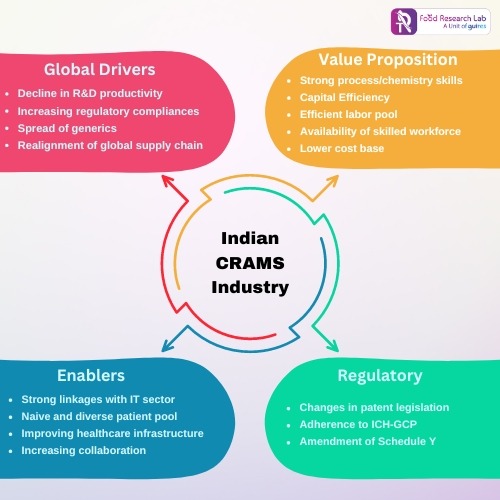Happening Trends
In many facets of manufacturing, good manufacturing practice, or GMP, is crucial. Transparency, traceability, labelling, and containments are examples of quality assurance challenges that are becoming more and more common. Issues with the production of nutritional supplements and enzymes also stem from trends in API production, such as shorter development durations and more dynamic product life cycles. In any event, since the global supply chain can no longer be oversimplified, there is no substitute for thinking beyond one’s own geographical, industrial, and national limits. Despite its flexibility, risk management in contract manufacturing needs to be the primary focus, covering everything from traceability and clean documentation to product protection and cleaning procedures.
For instance, there are several points of contact between the finished product and the raw material in the synthesis of enzymes, exposing workers to contaminants and health hazards.
This is true for both continuous processes and batch operations, where it is possible to better regulate individual batches of raw materials and GMP-relevant parameters. The growing need for natural raw materials will make microbiological monitoring and hygiene procedures more crucial.
The need for allergen monitoring, halal and kosher production, and contract manufacturing has increased demand for these products. Additionally, there is a larger interest in sustainability in Europe, for instance when it comes to the amount of power needed to create a product under contract.
Dietary Supplements
With a 24.48% revenue share in 2022, the tablets category led the dietary supplements market by dosage type. The most widely used dosage form for nutraceuticals is tablets. They provide accurate dose control, convenience, and simplicity of usage. The familiarity, mobility, and extended shelf life of tablets have led to a high demand for them, according to market trends. Brand owners are turning more and more to Contract Manufacturing Organizations (CMO) to handle the manufacturing of tablets because of the benefits that come with it, including cost-effectiveness, technology and experience, scalability, flexibility, and risk reduction.
CMOs are well-versed in formulation development, production, and quality assurance, and they also have access to cutting edge technologies and a wealth of knowledge. They have expertise with regulatory compliance, modern facilities, and a trained crew committed to producing tablets quickly and in accordance with industry standards.
In the course of the projected period, the gummies segment is expected to grow at a profitable rate of roughly 14.66% CAGR. Particularly among kids and people who don’t enjoy taking medications, the use of nutritional candies and chews has grown in popularity. They taste good, and they’re usually made to look like candy. The increasing demand for more palatable forms of nutraceuticals is propelling the growth of the gummy and chewing gum industry. Nutraceutical products that are tailored to the individual demands of their customers are in high demand. A wide range of customization options, including as ingredient selection, dosage forms, and packaging, are being offered by contract manufacturers in response to this trend in order to accommodate the preferences of specific and local consumers.






